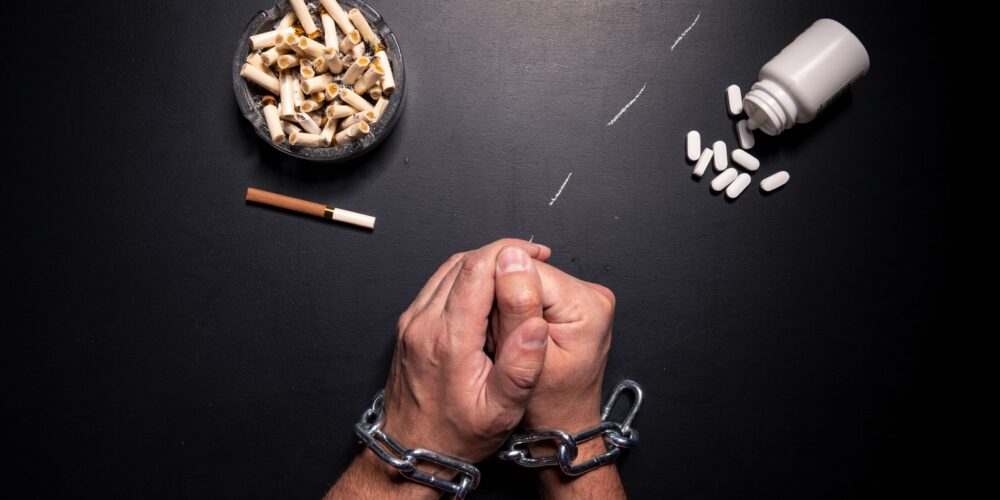Relapse is a common occurrence during the recovery process, and understanding…

Addiction can be scary and disrupting to your way of life. Once you decide to be the change you want to see and begin addiction recovery, you may be uncertain of the path you are setting out on. You may wonder if you will relapse, fail, or never even start to get better. This uncertainty is where an addictions counselor steps in to help guide you on the right path.
An addictions counselor is the support system to help you recover from a number of varying addictions. The first thing that may come to mind is alcohol addiction, but they can also assist with eating disorders, drug addiction, gambling addiction, and other behavioral issues. Dealing with addiction is no easy issue, and neither is trusting a stranger to help you through the rocky road of addiction. However, addiction counselors do their best to forge that therapeutic bond.
The therapeutic bond is achievable through a variety of actions by the addictions counselor. A quick list of these actions includes:
- Giving you the necessary attention during therapy
- Knowledge and communication of structural issues that caused the addiction, and how they can be recovered
- Maintaining interest in the well-being of their patient
- Empathizing with their patient
- Spending time to develop a trusting relationship
Patients who have comfortably integrated themselves into therapy and with their counselors should feel comfortable speaking their minds during their appointments, find a sense of relief due to the session, and feel like they want to return to another appointment.
Perhaps the most important role of an addictions counselor is to encourage recovery and to have a plan for a relapse. In any good relationship, you will want to be encouraged to be better, and most often without the threat of something such as force. If an addictions counselor is found to be confrontational by disputing, refuting, or challenging their patients, studies by the NCBI have found that the patient will drink more. However, even with a good counselor, there is evidence that about 40-60% of addicts will relapse at some point during their life. In this case, relapsing is not evidence of failure, but rather an opportunity to tailor the treatment to the patient with better precision for better results.
Interested in Taking Your First Step with an Addictions Counselor?
Greater Essex Counseling Services offers programs for substance abuse and more. If you are interested in learning more please call us at (973) 832-0189.



